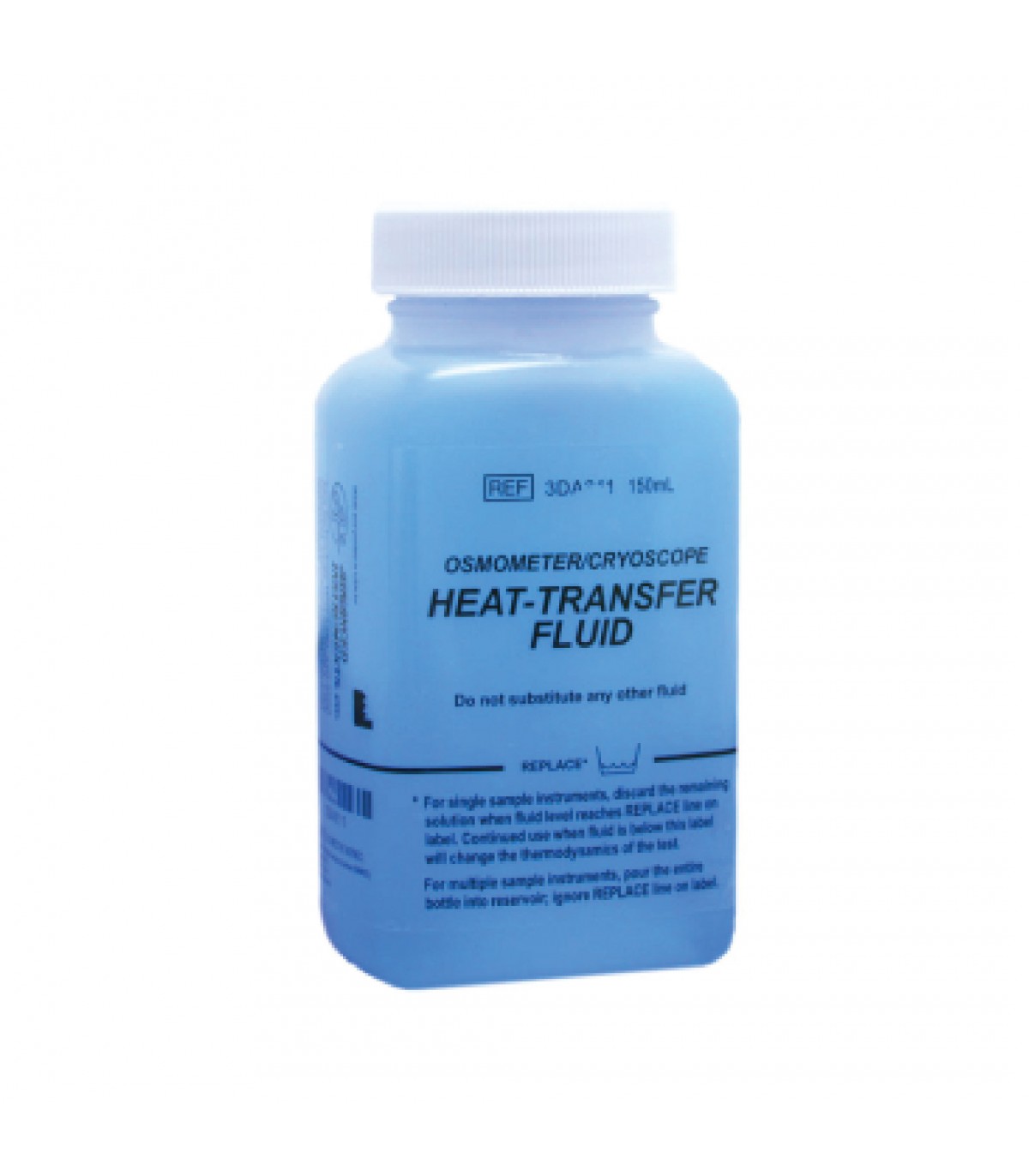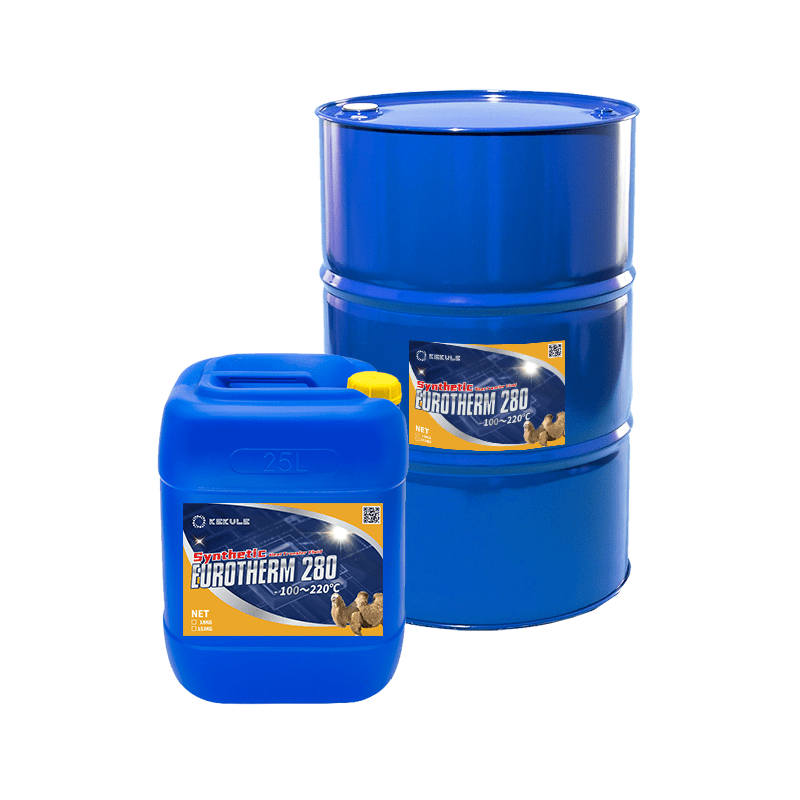Heat Transfer Fluid: Vital for Enhancing Industrial Cooling And Heating Solutions
Heat Transfer Fluid: Vital for Enhancing Industrial Cooling And Heating Solutions
Blog Article
Why Warmth Transfer Liquid Is Important for Optimizing Energy Transfer in Systems
The role of warmth transfer fluids in maximizing power transfer is critical for achieving reliable thermal management throughout various commercial industries. These liquids facilitate seamless heat exchange, making certain procedures operate within optimal temperature varieties and minimizing the threat of getting too hot.

Role in Thermal Monitoring
Warm transfer liquids play an essential duty in thermal administration by successfully managing temperatures in numerous industrial processes and systems. These specialized fluids facilitate the transfer of warmth between different elements, guaranteeing optimum operating conditions and protecting against overheating. By preserving accurate temperature level control, warmth transfer fluids allow sectors such as chemical production, oil and gas, and power generation to run securely and successfully.
The selection of an ideal heat transfer liquid depends upon a number of variables, consisting of thermal stability, warm capacity, and viscosity. High thermal security guarantees that the fluid can stand up to extreme temperature levels without deteriorating, while a high heat ability allows it to take in and launch substantial amounts of heat - heat transfer fluid. Reduced viscosity reduces the power needed for pumping, adding to general system effectiveness
Furthermore, heat transfer fluids are important in applications like refrigeration, where they aid take in and dissipate warmth throughout the cooling cycle. In solar thermal power systems, these fluids capture and transport solar warm to produce power or provide warm water. Their flexibility to diverse operating conditions and ability to keep constant thermal efficiency underscore their relevance in industrial thermal administration, promoting operational connection and enhancing precaution.

Enhancing System Performance
To make best use of the benefits of thermal administration, enhancing system performance with the calculated use of warm transfer fluids is paramount. These fluids play a critical role in enhancing power transfer by helping with constant thermal law, which in turn impacts the general efficiency and long life of systems. Effective warmth transfer causes decreased power losses, lowered operational costs, and boosted reliability of devices. By keeping optimum temperature levels, warm transfer liquids assist make sure that systems run within their created parameters, consequently preventing overheating and decreasing the danger of component failing.

Kinds Of Warmth Transfer Liquids
The variety of heat transfer liquids emphasizes their vital role in a range of industrial applications, each tailored to satisfy particular thermal administration needs. These liquids assist in reliable power transfer and are picked based on essential residential properties such as thermal security, viscosity, and Website warm capacity. The primary kinds consist of water, glycol options, oils, and synthetics, each offering unique advantages.
Water is the most usual warmth transfer medium due to its high particular warmth ability and reduced cost. Mineral oils are preferred for their thermal security and non-corrosive nature, making them appropriate for high-temperature applications.

These fluids guarantee remarkable performance in systems where traditional fluids might fall short. The selection of a warmth transfer fluid is essential, as it affects system performance, safety, and durability.
Environmental and Economic Perks
Using the best warmth transfer liquids uses substantial ecological and financial advantages for commercial operations. Eco pleasant heat transfer liquids, typically biodegradable and safe, decrease the risk of dirt and water contamination in the event of leakages or spills, thus protecting ecological communities and conforming with rigorous environmental regulations.
Financially, the right warmth transfer fluid can dramatically decrease functional costs. Effective warmth transfer decreases power expenditure, causing reduced utility costs and enhanced earnings. Liquids with extensive lifecycle performance reduce the regularity of substitutes and upkeep, decreasing downtime and connected prices. Buying premium liquids can additionally mitigate the risk of devices deterioration and failing, avoiding costly repair work this link and expanding the life-span of vital framework. In competitive markets, these cost savings and performances offer an unique benefit, allowing business to allot resources extra efficiently and spend in more innovation. In general, the tactical usage of optimum warmth transfer liquids sustains sustainable economic growth and environmental stewardship.
Selecting the Right Fluid
Exactly how does one browse the complex procedure of choosing the appropriate heat transfer liquid for industrial applications? Thermal security makes certain the fluid can hold up against high temperatures without breaking go to my site down, while compatibility prevents rust or various other harmful responses with system parts.
Furthermore, the liquid's warmth capacity and thickness are paramount. A high heat capacity enables the fluid to take in and move even more power, boosting efficiency. Ideal thickness makes sure marginal pump job and reliable warmth transfer, especially in varying temperatures. Environmental and security elements must additionally belong to the decision-making process. Non-toxic, naturally degradable liquids reduce environmental effect and abide by governing criteria, minimizing obligation dangers.
Final Thought
The tactical option and application of warm transfer liquids are essential to optimizing energy transfer throughout different systems. By ensuring high thermal stability and ability, these fluids give accurate temperature level control and enhance total system efficiency.
Report this page